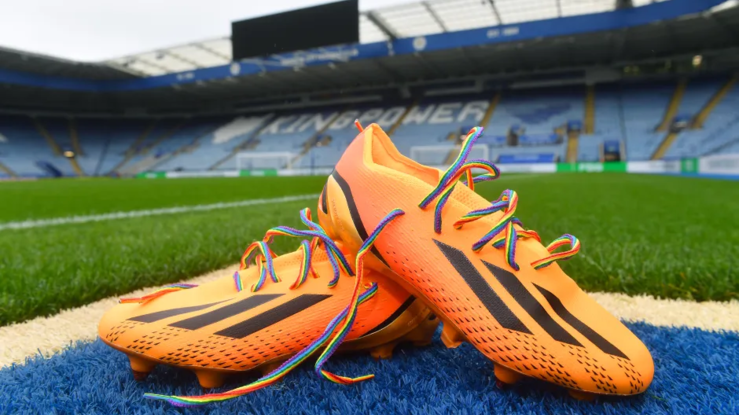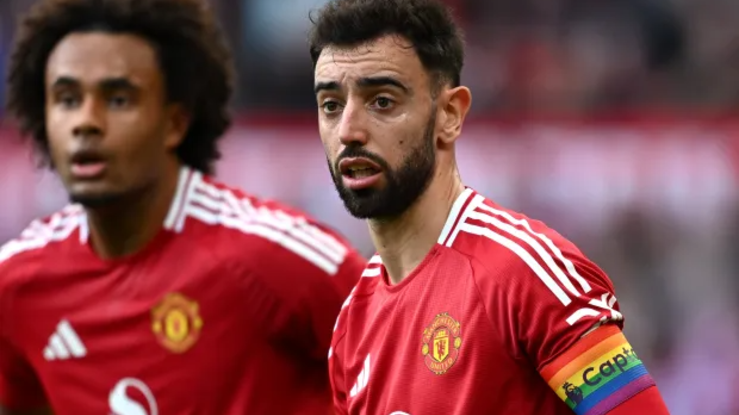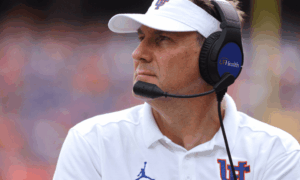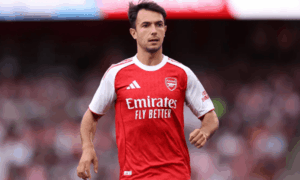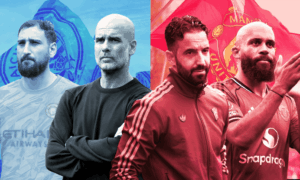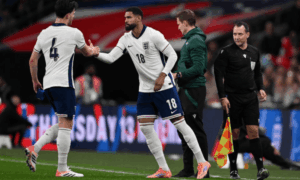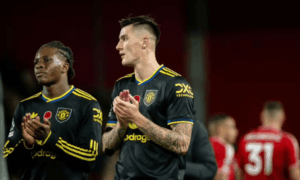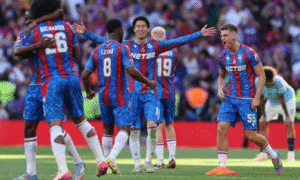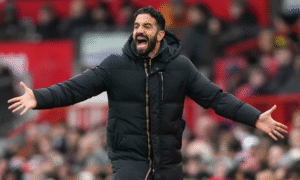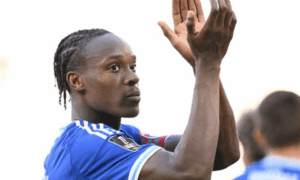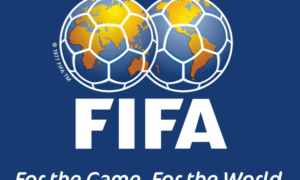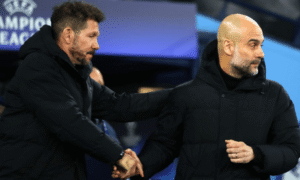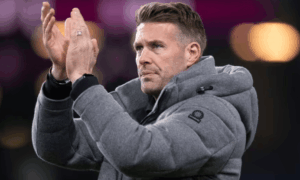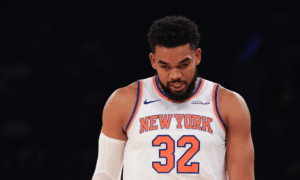It has therefore decided to dissociate from Stonewall, thereby ending campaigns involving rainbow laces and armbands, among other symbols of LGBTQ+ football solidarity for the past eight years. The league had, via the relationship, attempted to promote inclusivity within football, but it now seeks to forge its path with fresh LGBTQ+ inclusion campaigns.
According to reports by the Telegraph, the Premier League will swap out its current campaign with a fresh new one to be introduced in February to coincide with LGBTQ+ History Month. The new strategy approach would seemingly be echoed by the Football Association (FA) and Premiership Rugby, both of whom would similarly be opting to leave Stonewall behind.
There has been some controversy surrounding the wearing of rainbow laces and armbands during the past few seasons. For instance, Crystal Palace captain Marc Guehi, a practicing Christian, has been warned by the FA after he wore on his rainbow armband a religious message to raise awareness for the World Cancer Research Fund charity. Once again, Ipswich Town captain Sam Morsy, a practicing Muslim, did not wear a rainbow armband but did not receive any action. Indeed, this decision comes on the back of a historic pledge by the Premier League captains to continue taking the knee as a demonstration of opposition to all types of discrimination and racism—a positive act of solidarity that the 20 club captains agreed on together during a collective meeting. In responding to the Premier League calling an end to the partnership, a spokesperson for Stonewall commented, “Rainbow Laces has helped to grow LGBTQ+ inclusion, acceptance, and participation in sport across all levels, playing, taking part, or supporting it.” They continued to emphasize how, although elite footballers will still find it difficult to come out visibly on the field, there now exist those role models to have chosen to do so. At grassroots levels, it has made participation accessible, with the LGBTQ+ community as a collective achieving an increased sense of acceptance within the stands.
It is a complex problem, and although there will be moves to undertake new campaigns, the discussion surrounding inclusiveness within sports continues to be essential.


